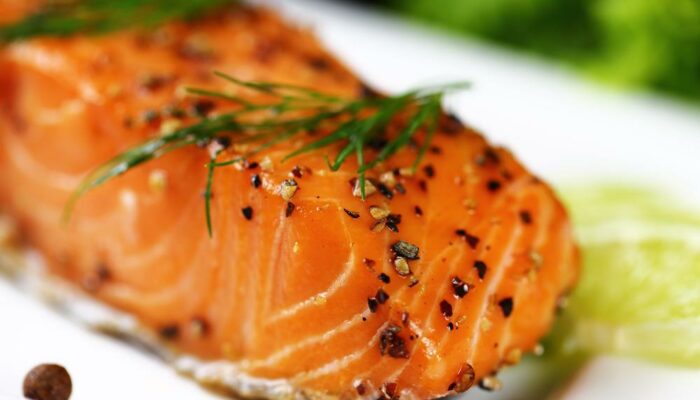
3 Foods That Can Trigger Breathing Problems
Many folks that have difficulty breathing suffer from chronic conditions such as asthma or chronic obstructive pulmonary disease (COPD). Others can experience difficult breathing simply due to cold weather, sinusitis, or allergies. No matter what the cause is, it is important to understand the cause and triggers that worsen your condition. For instance, everyone with breathing issues should be aware of what type of foods can make the problem worse.
Foods that can contribute to breathing difficulties include:
1. Acidic foods and drinks
Everyone’s body maintains a certain pH level. The lower the level the more acidic the body is and the higher the level the more alkaline it is. Eating acidic foods such as fast food and soda can cause acid reflux which is when the stomach acid goes up into the esophagus. This makes it hard to breathe because the acid damages the lining of the esophagus and makes it uncomfortable every time air flows through. Another effect from eating fried foods such as fried chicken, fried fish, and french fries is weight gain. Gaining a large amount of weight can put more pressure on the diaphragm thus making it harder to gasp for air.
2. Dairy products
Everyone loves a glass of milk every now and then but is it always a good choice? Foods that make breathing worse includes milk. If someone has a large production of phlegm (mucus) in the back of their throat, milk can make that phlegm thicken and therefore make it harder to breathe properly. Tons of people may even have an allergic reaction to milk and outgrow it, but some do not. Folks who have asthma and allergic reactions to dairy should avoid it as much as possible. Instead, milk can be substituted with soy or almond milk so one does not have to suffer from the overproduction of mucus. Besides milk, other dairy products to avoid that can contribute to difficulty breathing are yogurt, cheese, butter, buttermilk, and ice cream. It is best to choose a non-dairy version as an alternative if applicable.
3. Excessive salt
Salt in small amounts is fine to have and is actually recommended, but a heavy salt diet can be a major problem if someone has COPD. What salt does to the body is that it retains water and can make it harder for the individual to breathe. Salt can still be substituted with a variety of herbs and spices if one wishes to maintain the flavor. If there is a large amount of salt in a person’s diet, they are recommended to drink enough water to at least stay hydrated.



